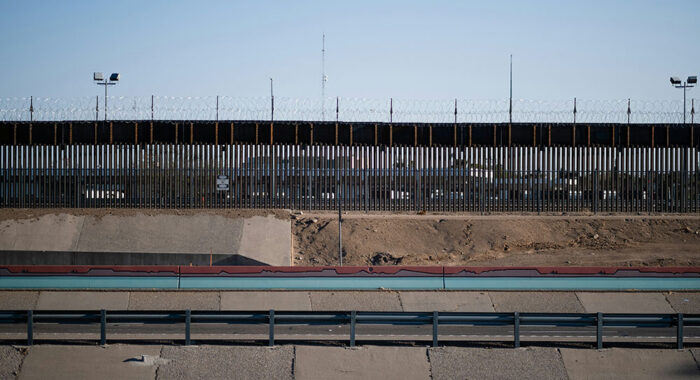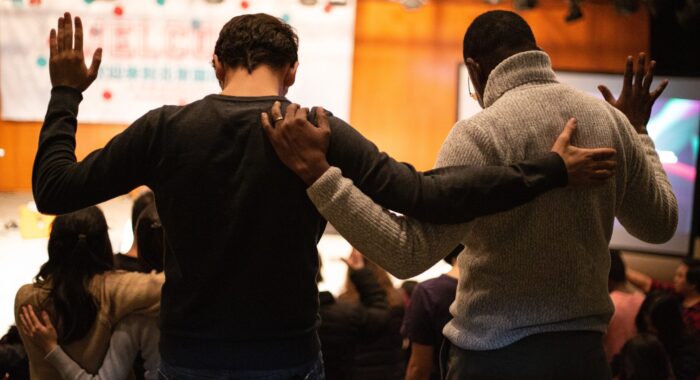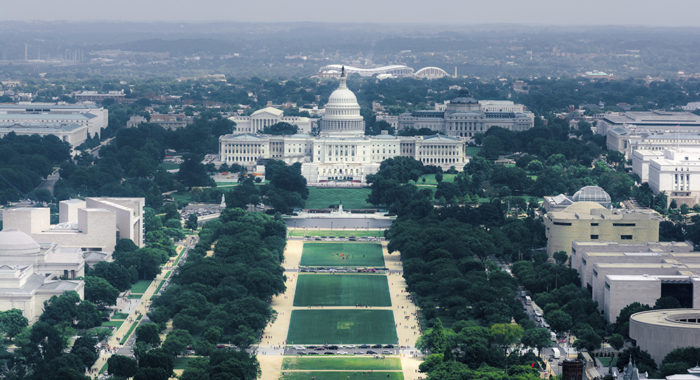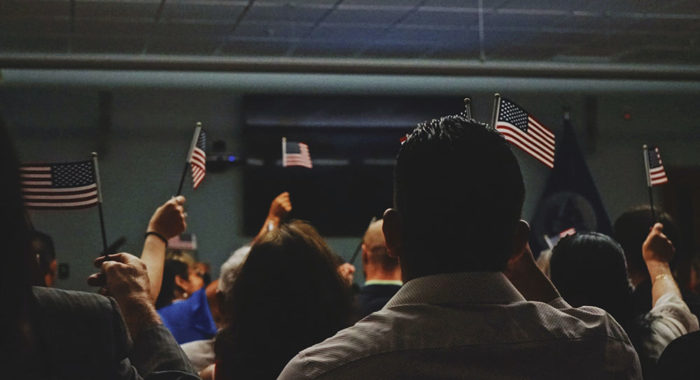National Association of Evangelicals & National Black Evangelical Association; January 26-27, 1990
We have gathered as a group of Christians to address the resurgence of racism in the United States. Because of the historical and current context in which we meet, we are addressing primarily the white-black expression of racism: we recognize that other ethnic groups have also experienced oppression based on race.
We affirm the core conviction of our Judeo-Christian heritage: human life is created in God’s image. This imago dei is expressed in one human race (Acts 17:26), but that one humanity fully expresses God’s image in a wealth of diversity. A few obvious examples of diversity are maleness and femaleness, and colors of skin, eyes and hair. There are more subtle diversities as well. These diversities are not intended to divide humans from one another; rather they are to add to the wonder of life’s wholeness as a gift from God.
We affirm another conviction of our Judeo-Christian roots: as a consequence of a fall from the original state, humanity shares a sin nature. One of the marks of this sin nature, prejudice, is distributed among the diverse parts of the whole humanity. This prejudice, rather than allowing celebration of the diversity of our one humanity, causes the holders of prejudice to view those who are different as inferior. When one ethnic group is in a majority or power position, its group prejudices against those who are minorities are often manifested in racism. Racism is a prejudice plus power. Racism is therefore an institutionalized expression of a controlling group’s prejudices.
There was diversity of motivation in the establishment of the United States as a nation, but woven throughout its history was a pattern of racism by the white-dominated society that involved the displacement and destruction of one race, the Native Americans, and the enslavement of yet another, the Africans. The historical record of how white Europeans conquered North America by destroying native population and building their new nation’s economy on the backs of kidnapped Africans who had been turned into chattel are facts which must be acknowledged and confessed.
Racism is a foundational sin of the United States, fueled by economic greed and the exploitation of human and natural resources. It has corrupted the foundations, institutions and cultural mores of this country. It has prevented formation of a true cultural democracy. Racism has enslaved, impoverished, and oppressed people of color in America.
The concept of race must be seen as the sum total of what is known as the physical, psychological characteristics that set one group apart from another. These distinctions are not seen as absolutes since it can be readily observed that some basic characteristics thought to be unique to one group are often observed as part of the make-up of another. This leads us to conclude that the racial group in its make-up can be absolutely separated from another. These points on race must lead us to the repudiation of any and all myths concerning the inferiority of African-Americans, such as: they are by nature childlike, that they came from the poorer stock of Africa, and that they gladly gave up their own history and traditions to embrace the “superior” culture of their masters.
To appreciate the scope of sin against African-Americans, it is essential to understand the following points of history:
1. The European Slave Trade began in 1444 A.D. and continued infamously into the late 1800’s. However, through the early 1600’s there were many blacks who came to America as indentured servants, and who, after their service, were instrumental in building many early settlements. They lost their freedom when slave traders and businessmen had colonial laws changed to accommodate economic considerations.
2. The recurrent history of America’s sin of racism is the sting of continual promises, modest gains, followed by a reversal of those gains which has resulted in entrenched prejudicial attitudes and continued economic disenfranchisement for African Americans. The political gains of the 1860’s and 70’s were instantaneously halted because of white fear, resulting in the inactment of Jim Crow laws that dehumanized African people in poverty and ignorance. Even today, just twenty-five years after the civil rights movement of the 1960’s, white American racism is flexing its economic muscle against the African American community and rolling back the positive effects of Affirmative Action.
It must be acknowledged that large segments of Christianity in America have historically been allied with racist institutions and attitudes. Racism attacks the core of the gospel message. It negates the reason for which Christ died. It also denies the purpose of the church: to bring together, in Christ, those who have been divided from one another. Racism has caused many Christians in America to use the Bible to defend segregation, and abandon justice.
Racism is a severe and current sin. It is an idolatry which makes God in the image of the controlling group and uses God to justify willful and/or unintended evil against minority interest. The soul of the nation is under judgment for the talent drain of potential leaders and for the psychological scarring of young blacks who are born in the ghetto but rarely have the opportunity to develop. Racism has historically hindered us from benefiting from the fullness of God’s gift to the nation, which is embodied in what is gained from all the people.
The Psalmist asks, “When the foundations are destroyed, what can the righteous do?” The righteous can fill the leadership vacuum by repenting individually and corporately. It will be necessary to re-educate white evangelicalism into understanding that the pioneer black church has held one of the few authentic expressions of the Gospel in America by holding fast to the conviction that God, through His word, was the authority in all matters of life; that all humanity was created in God’s image; and that humanity had eternal value evidenced by Christ’s inclusive death on the cross.
Although prejudice is a universal sin infecting all peoples, racism in America is basically a white problem. Whites established practices, systems, and laws which entrenched racism, and in some instances, still perpetuate it. Confession and repentance are essential starting points for the correction of any sinful past and there are needed now in America if the rising tide of racism is to be turned back.
The black evangelical church, for its part, must commit itself to constructive protest of racism. This should be combined with a readiness to forgive past wrongs. The black church must help blacks to regain a healthy sense of pride in their identity. The Lordship of Christ must be brought to bear on the life of the black community as well as that of the white community. Economic discipline and investment in the black community, inspired by a spiritual rebirth of the black masses, will be the salvific hope of black America. We affirm that Salvation is in and by Jesus Christ alone. The Gospel of love is transmitted through an inseparable package of faith and action. In and through him we have hope for the life that is and that which is to come.
The white evangelical church must first repent of the sin of racism. It must examine its doctrine, policies, institutions, boards, agencies, and para-church entities and remove any vestiges of prejudice and racism. It must also enter into a meaningful dialogue with black evangelical leaders by means of establishing cultural exchanges on racism in the white community. Most importantly, it must exert pressure for economic justice by witnessing within its own power structures. It must remove the institutional barriers which hinder progress for blacks and other people of color. It must work to make restitution and repair as soon as possible.
As persons redeemed by the atoning work of Christ, we commit ourselves to renewed efforts toward reconciliation and harmony between people of diverse races. Together the entire evangelical community must and can reaffirm the wonderful ethnic diversity among the body of Christ, while at the same time strengthening its unity. The credible witness of the Church and perhaps the deliverance of the United States depends upon the joint evangelical community effort to dismantle the structure of racism and prejudice. Together, we can create a community that will be a monumental witness for Christ in modem times.
We go from this consultation determined to translate these intentions into actions which will exemplify among human kind Christ’s reconciling work.



 View All Updates
View All Updates 




























